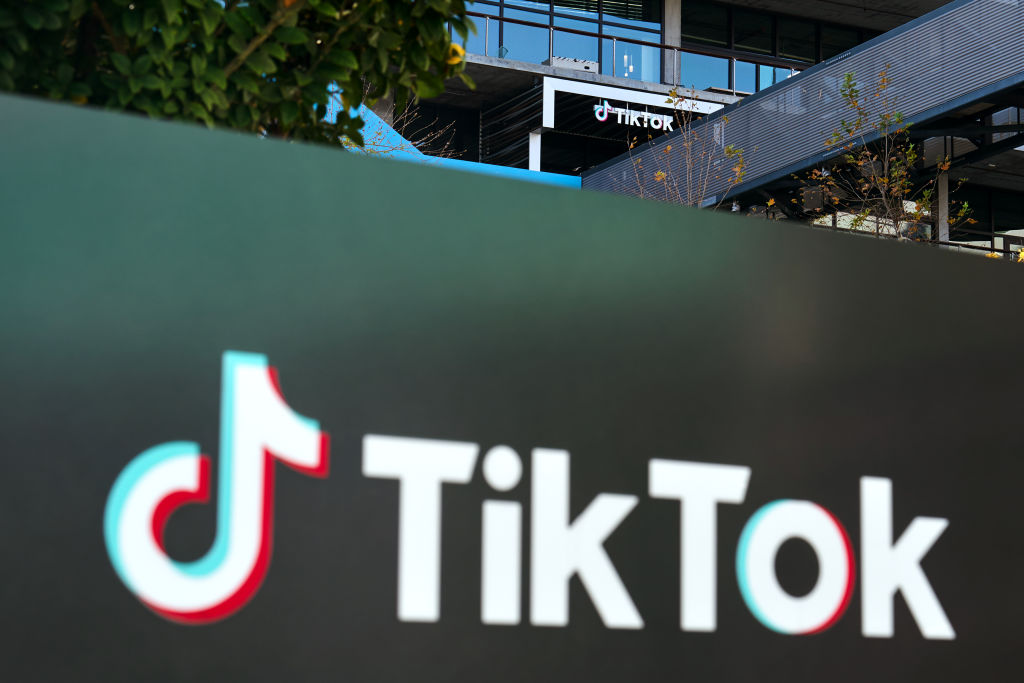The House of Representatives recently voted to ban TikTok unless its corporate parent sells the app within six months. However, there are three main problems with this proposed ban. First, it may be unconstitutional due to First Amendment concerns. Blocking the platform could implicate the speech rights of both TikTok and its American users. To survive judicial review, the government must show that the ban furthers an important government interest unrelated to speech and does not burden more speech than necessary.
Proponents of the TikTok ban argue that it is necessary to prevent the Chinese government from using the app to spy on Americans. While Beijing may have an interest in exploiting TikTok’s data, the company has taken significant measures to secure data on American users since a 2022 incident involving location data. Through Project Texas, TikTok has created a separate entity to manage U.S. operations and routes all U.S. traffic to American servers owned by Oracle. This structure is designed to protect U.S. data from offshore entities.
Even if there are legitimate national security concerns, a TikTok ban may not be practical or enforceable. The ban would require significant resources to monitor and enforce, and there are ways for users to circumvent such restrictions. Additionally, banning TikTok would not necessarily solve the problem of China gathering sensitive data about American users. There are other ways for China to access this information, so a ban on TikTok alone may not be effective in addressing this issue.
It is important for the government to carefully consider the implications of a TikTok ban before moving forward with such a drastic measure. While concerns about national security and data privacy are valid, a ban on TikTok may not be the most effective solution. Instead, policymakers should work with technology companies to develop regulations and safeguards to protect American users’ data and prevent foreign governments from accessing sensitive information. Finding a balance between security and free speech rights is crucial in addressing these complex issues.
In conclusion, while the proposed TikTok ban may be well-intentioned in addressing national security concerns, there are legal, practical, and effectiveness challenges that must be considered. It is important for policymakers to carefully weigh these factors and consider alternative solutions to protect American users’ data and privacy. A ban on TikTok alone may not be the most effective or constitutionally sound approach to addressing these complex issues.









